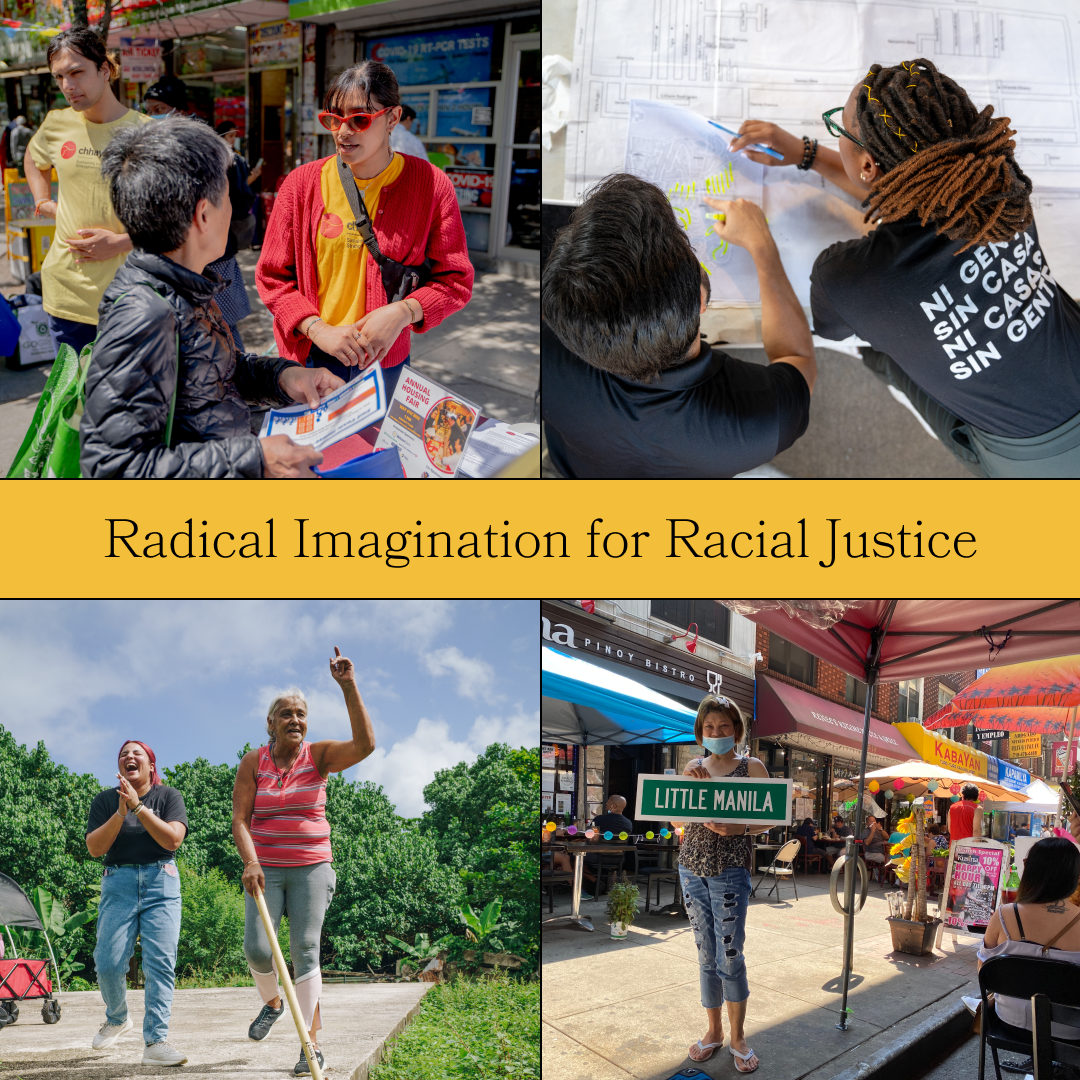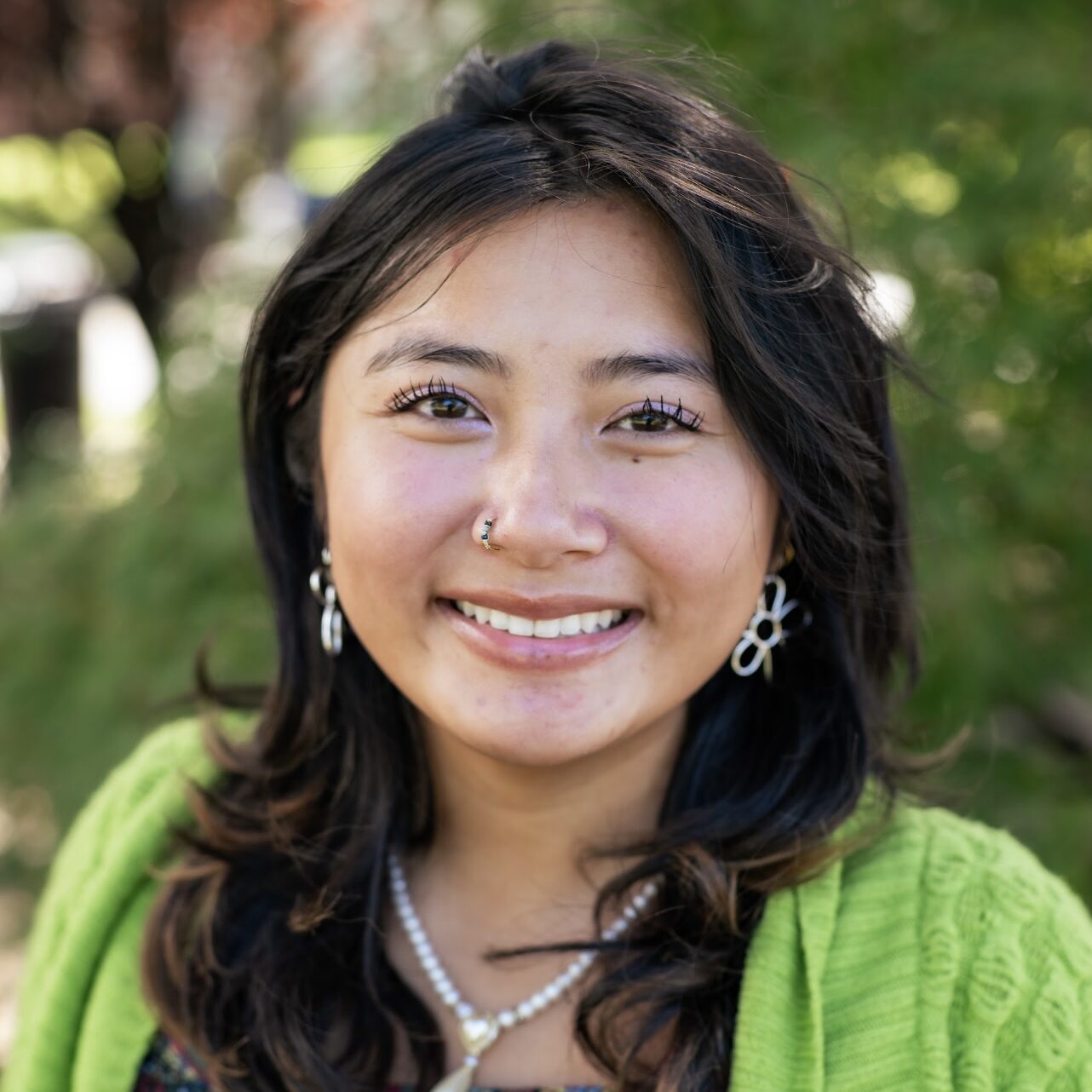Since 2020, through the Radical Imagination for Racial Justice (RIRJ) Initiative, Hester Street has partnered with the Surdna Foundation to provide grants and in-depth technical assistance to creative programs that advance racial and environmental justice through the lens of arts and culture.
We are excited to announce our new cohort of RIRJ grantees for the 2023 grant cycle: Centro para la Reconstrucción del Hábitat (CRH), Chhaya CDC, and Little Manila Queens Bayanihan Arts!
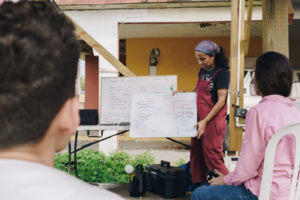
Centro para la Reconstrucción del Hábitat (CRH) is an organization focused on transforming vacant properties in Puerto Rico into assets for long-term community development and resilience.
As part of RIRJ, CRH is working in the Piñones community in the municipality of Loíza, east of San Juan, to address vacant properties in flood-prone zones that cannot be safely converted into housing. Through a community placemaking plan and a participatory code enforcement program, they will involve residents in transforming these spaces into community assets that increase housing, environmental, and cultural resiliency.
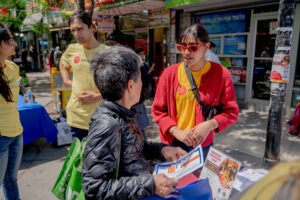
Chhaya CDC’s mission is to build the power, housing stability, and economic well-being of South Asian and Indo-Caribbean (SAIC) communities in New York City by working at the intersection of housing justice, racial justice, and environmental justice.
As part of RIRJ, Chhaya will engage Richmond Hill’s South Asian and Indo-Caribbean communities to transform an existing public space into Richmond Hill Community Art Hub. This effort seeks to address a lack of secular public spaces in this area and will create a gathering place for artistic expression, cultural celebrations, community organizing and civic engagement.
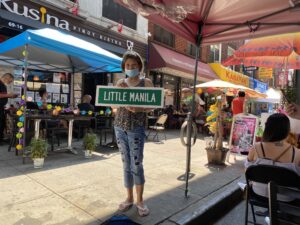
Little Manila Queens Bayanihan Arts is a collaboration between artists and cultural workers who support community-based arts and creative placekeeping efforts for the diasporic Filipino community in Woodside, Queens and the greater NYC area.
As part of RIRJ, Little Manila Queens will explore how clothing and textile waste in NYC and the second hand economy that exports it to the Philippines have implications for climate justice for both the diaspora and the communities in the islands, drawing connections between issues like colonialism, immigration, assimilation, consumption, pollution and climate change. Through public space activations, artistic interventions and popular education, Little Manila aims to address environmental justice in a way that feels culturally relevant for the Filipino community.
To learn more about the work of our grantees and past cohorts, visit the RIRJ website here. Congratulations to each of our grantees! We look forward to seeing the work that they will accomplish.
